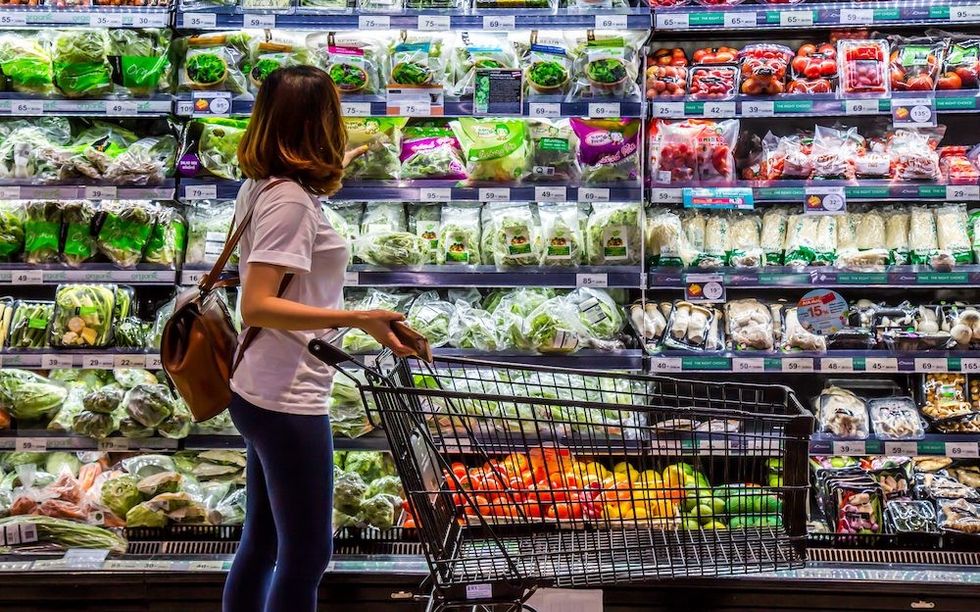A telling new survey highlights the financial struggles of Canadians in a challenging economy.
According to the fifth annual BDO Affordability Index from BDO Debt solutions, a greater number of Canadians are finding it increasingly challenging to make nearly all types of purchases.
So, if you can relate, at least you’re not alone.
The survey, which examines the affordability and financial health of Canadians, found more than three-quarters of Canadians (78%) say their personal finances have worsened due to sky-high inflation, while just over half (54%) say they're living paycheque to paycheque -- an increase of three percentage points over 2021. Six in 10 Canadians are also either saving less, or not at all -- especially for retirement -- than they were in 2021.
"The findings from this year's Affordability Index highlight the increasing proportion of Canadians who are struggling to keep up financially," says Nancy Snedden, National Leader of the BDO Debt Solutions practice. "With inflation and rising costs, affordability challenges have returned to, and in some cases, surpassed pre-pandemic levels. It's concerning to see that Canadians are experiencing more financial difficulties today compared with the last three years."
The online survey of over 2,000 Canadians, conducted by the Angus Reid Group, found the rising cost of essential goods and services is the greatest contributing factor to increasing debt (84%), up 14% from 2021. And 42% say their debt has become overwhelming -- almost double the levels seen in 2021.
The (slightly) reassuring news is that the majority of Canadians say they have enough money to buy the things they need. However, it should be noted that this figure is lower than a year earlier, at 66% in 2022 compared to 70% in 2021.
Meanwhile, nearly one-third of Canadians (35%) say it's challenging to feed themselves and their family (an increase of 12% compared to 2021), while 52% find it difficult to afford transportation (an increase of 17% compared to 2021). Discretionary spending has also taken a hit. Of those surveyed, 61% have cut spending on restaurants/take-out, along with travel (60%) and home electronics (53%).
Spending more on essentials means there is less money for savings and debt repayment. This is highest in Atlantic Canada where 91% of respondents (78% nationally) indicated spending on groceries, rent or mortgage, and other essentials was the primary reason for saving less.
More than four in 10 Canadians have also cut savings for retirement, while 71% say saving for retirement is a challenge – an increase of six percentage points over 2021. As a result, 645 of Canadians now say they are not on track to save enough for retirement -- a jump of four percentage points in the last year -- of which nearly half say they are very far behind.
Among those aged 18 to 24, more than two-thirds (67%) say they have no retirement savings at all. Overall, 32% of Canadians say they have no idea what their retirement plan will be, and one-third claim they will never stop working (through part-time/occasional work), despite wanting to retire.
"As Canadians continue to feel the squeeze on their financials, it's important they try to remain optimistic and not give up on looking for solutions, adds Snedden. "For those requiring support in overcoming debt challenges, there are always answers. You can speak to a Licensed Insolvency Trustee, who can help you look at the full picture and determine how to make the most impact on paying down debt."























